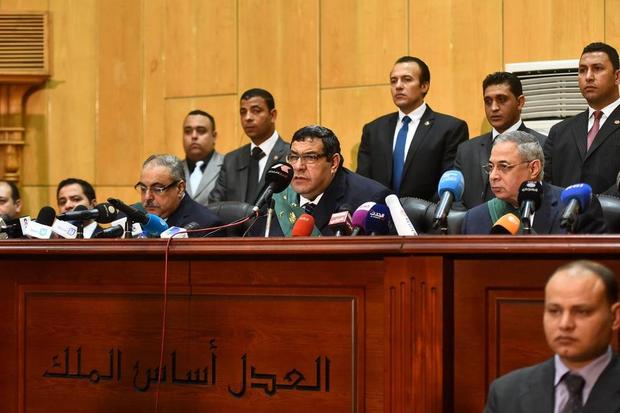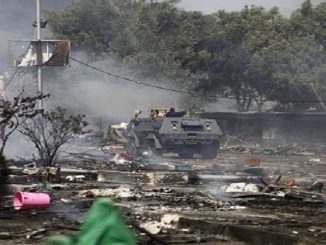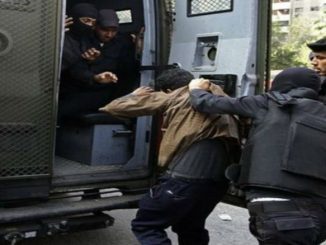
The exceptional judiciary in Egypt is still issuing death sentences, particularly mass verdicts, against opponents of the Egyptian regime in what is mainly described as “political cases”, according to Al-Araby Al-Jadeed.
“In these cases, the papers are usually empty from real evidence for committing these crimes. Verdicts are issued rapidly after hasty hearing sessions.”
In addition, the trials violate the standards of a fair trial, as reported by Justice for Human Rights (JHR) in its report on executions in Egypt during the first half of 2016.
The human rights organization pointed that in the first half of 2016 the Egyptian courts referred 50 detainees’ papers to the Grand Mufti, paving the way for their execution as it also sentenced 45 to deaths.
The report ensured the absence of real evidence on committing these crimes as it took place in short and quick sessions. In addition, verdicts are issued in trials that violate fair trial standards.
Al-Giza governorate had the largest number of death sentences in cases including, “Rabaa operations, Awseeem gathering, and Al-Omranrya targets”. Then, Cairo governorate came in the second position.
The rights organization condemned the Egyptian regime’s resort to “Terror Courts” that turned the course of trials from a legal path to a political one which is far away from the justice path.
The report also pointed to the role of Judge Nagy Hassan Shehata, who is known as the “executions judge”, as he referred 239 detainees to the Grand Mufti, and sentenced to death, 297 other detainees.
JHR condemned the military trials of civilians that have reached 7400 civilians since the military adopted Law 136/2014 for securing public and vital facilities.



